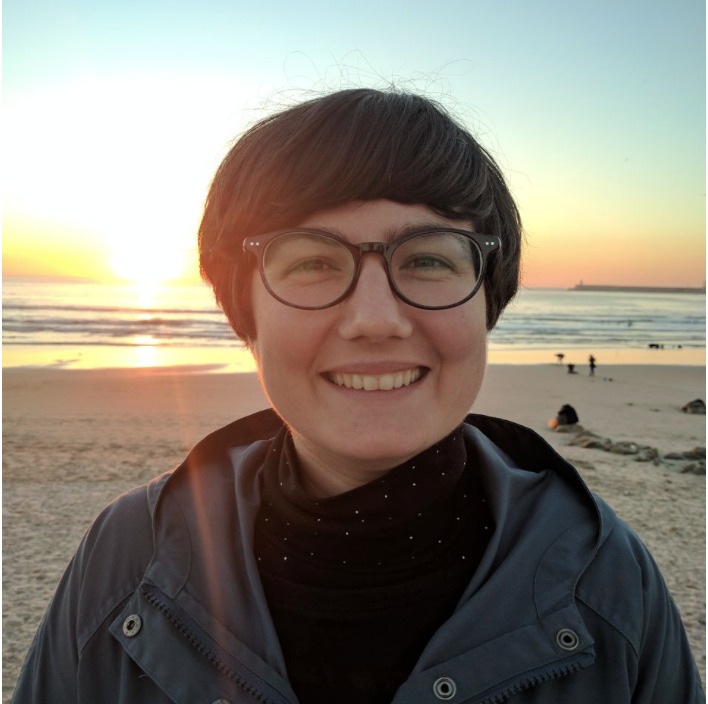BDB-Lab members most involved
EMBARK

EMBARK (Establishing a Monitoring Baseline for Antimicrobial Resistance in Key environments) is an international collaboration, spanning groups in multiple countries in Europe, Pakistan, and China, and it aims to establish the baseline status of antimicrobial resistance in the environment. The Big Data Biology Lab (BDB) is particularly focused on computational analyses of metagenomes and our contribution to the larger EMBARK Consortium is to analyse collections of metagenomes and isolate genomes to quantify the presence of antibiotic resistance genes (ARGs) in the environment.
Our EMBARK work is based on the on-going GMGC (Global Microbial Gene Catalog) project, where we catalogue all the genomic diversity available in publicly-available databases. Other on-going projects and collaborations using the GMGC are driven by a desire to better understand the evolutionary and ecological mechanisms that shape the global microbiome. As was expected from prior literature, it has already become clear that ARGs do not follow the same patterns as typical genes. For example, they are more likely to traverse habitat barriers and be present in multiple habitats.
Dr. Svetlana Ugarcina Perovic is a postdoctoral researcher in BDB funded by JPI-AMR to work on the EMBARK project. She is a microbiologist with expertise in high-throughput culture-dependent and culture-independent characterization of environmental and human microbiomes. Her current research interests are directed to the global resistome, namely distribution and (co-)occurence ARGs in microbiomes of different environments and hosts. She is interested in ARGs at the different taxonomic resolution of individual genomes from metagenomes that may complement the picture of the global resistome status, diminishing biases due to the sampling and culturing of isolates (work presented at the World Microbe Forum 2021). For her research she has been using high-quality metagenome-assembled genomes from the GMGC database that originated from different habitats – environmental and host-associated samples – with different health risk levels to the human population. The aim is to explore their ubiquity and/or habitat specificity as well as environmental dissemination of clinically relevant ARGs. But, Svetlana’s very first task is an unbiased evaluation of currently available AMR detection tools for metagenomic analysis, specifically how the different ARG annotators behave with regards to different types of gene.
Svetlana has been curating the Microbiome Digest, a daily on-line summary of scientific microbiome news, and the EMBARK AMR Digest, a monthly on-line summary of scientific AMR news. She has been supporting the organization of monthly EMBARK AMR webinars, where EMBARK members discuss the latest AMR insights with a guest speaker. Moreover, Svetlana is a strong supporter of other open science initiatives as a committee member of the Microbiome Virtual International Forum (a free worldwide monthly microbiome-focused conference) and a mentor within the NSURP (The National Summer Undergraduate Research Project) and our BDB internship program.
 Photo: EMBARK annual meeting 2021
Photo: EMBARK annual meeting 2021
Copyright (c) 2018–2025. Luis Pedro Coelho and other group members. All rights reserved.
